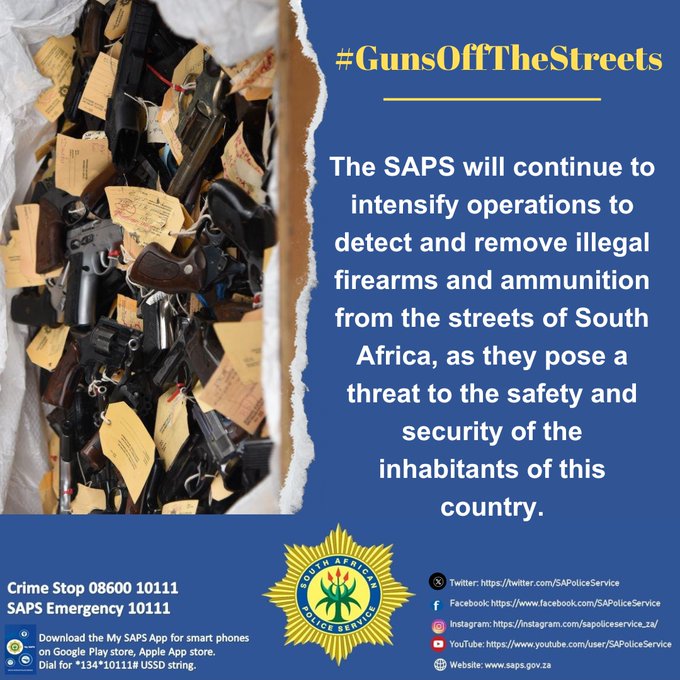Central SA
Free State police plans next chapter in combating crime, drugs─── REFILWE BEKANE 12:00 Tue, 17 Jun 2025

The Free State is shifting its approach to the war on crime. Powered by the clear results of Operation Shanela, the South African Police Service (SAPS) is now unveiling a focused plan.
This strategic move sharpens the fight against criminal activity and drug offences, promising a relentless and consistent effort to make communities tangibly safer.
With their latest operations, the Free State police have made a significant difference in combating crime. SAPS assured that residents can anticipate change in their respective areas.

“Following these successful arrests, residents can expect increased visibility of police in hotspot areas as part of our proactive approach,” said Sgt Sinah Mpakane.
“You’ll continue to see regular roadblocks, stop-and-search operations, and intensified patrols – both on foot and by vehicle – in high-crime zones. This is part of our commitment to maintaining momentum and ensuring a sustained presence.”
With a clear analysis of crime trends in the Free State, the police are ensuring that they work tirelessly to make sure that all illegal actions stop. These typically include urban areas with high incidences of drug activity, assaults, burglaries, and illegal liquor trading, said Mpakane.
Community projects, crime prevention programmes
There are ongoing and upcoming initiatives aimed at crime prevention. These include youth-focused outreach programmes, school safety campaigns, and partnerships with NGOs and faith-based organisations. Programmes such as Adopt-a-Cop and youth dialogues are being expanded to help deter young people from criminal activity.
These programmes are to ensure that the youth gets a chance to be directed on a proper route that is against crime.
“We’re also strengthening our engagement with neighbourhood watch groups and CPFs to foster community-based solutions,” said Mpakane
Post-arrest improvements in justice processes
To ensure that fewer illegal activities are done in the future, the police have put strong evidence to keep criminals behind bars.
“All arrested suspects are being processed swiftly, with forensic evidence such as confiscated firearms sent for ballistic testing to support court proceedings. Dedicated investigation teams are working to reduce backlogs and ensure thorough case preparation. Our goal is to help the courts deliver justice that is not only swift but transparent and rooted in solid evidence,” said Mpakane.













